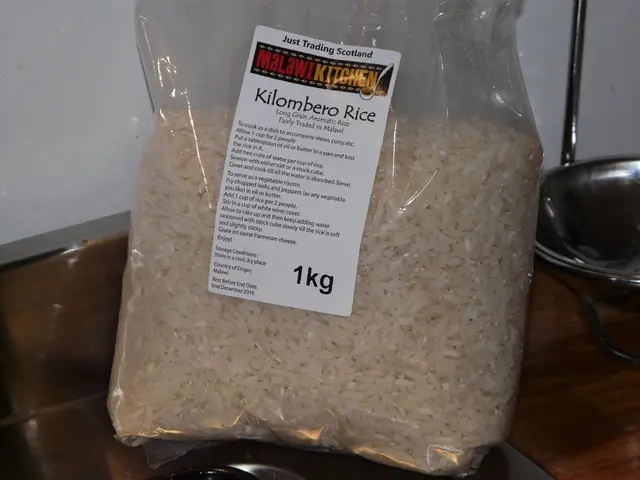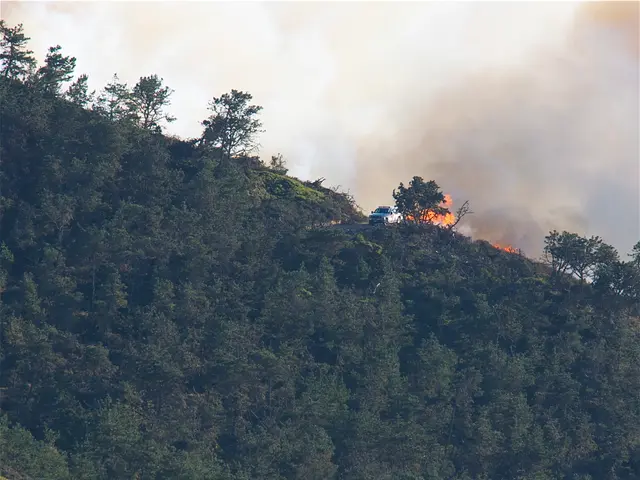EU Boosts Climate Goals: CBAM Launched, Russian Energy Ban by 2028
The EU is making significant strides in its energy transition and climate goals. After two decades, the emissions trading system is being bolstered with the border adjustment mechanism (CBAM). Meanwhile, the EU Parliament and Council have agreed to phase out Russian gas and oil imports by 2028, with the Parliament pushing for an earlier ban.
The CBAM, set to begin in 2023, addresses a longstanding flaw in the EU's emissions trading system. It aims to level the playing field by making imports from less climate-friendly countries more expensive, thus encouraging decarbonization in producer nations. This move is expected to benefit European steel producers and help achieve the EU's climate-neutral goals.
The EU's energy future is taking shape, with Russia no longer a part of the equation. The Parliament and Council have agreed to end Russian gas and oil imports by 2028. The Parliament is pushing for an earlier ban, with oil by 2024 and gas by 2027. However, disagreements persist regarding the European Commission's role in enforcing this ban and diversifying energy suppliers. Some member states, like Hungary and Slovakia, resist full embargoes due to economic and supply concerns. The Commission is working on transparency, monitoring, and national diversification plans to be completed by 2025.
The EU's goal of producing climate-neutral steel is challenging due to high electricity costs. Subsidies are being considered for this strategically important sector. The EU's close economic ties with Russia, particularly in energy, have proven harmful since 2014, and efforts are underway to end these ties by 2028.
Far-right factions in the European Parliament, such as 'Patriots for Europe' and 'Europe of Sovereign Nations', oppose the early end to Russian energy imports. The EU aims to adopt the REPowerEU regulation during the Danish presidency, which will directly apply in all member states and cannot be vetoed by the Hungarian government.
The EU's energy transition is complex and challenging, but the path forward is clear. The CBAM will help protect European climate-friendly industries and encourage global decarbonization. The phase-out of Russian energy imports by 2028, with potential earlier dates for oil and gas, signals a commitment to a sustainable, secure, and independent energy future for the EU.








